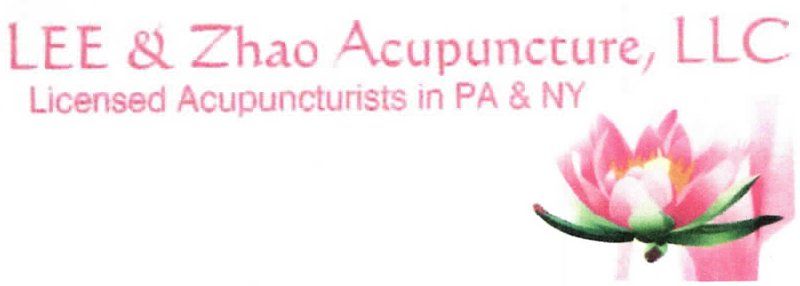What Are the Benefitsof Acupuncture?
Doctor of Acupuncture, D. Ac., L. Ac.
Diplomat of AC
Doctor of Acupuncture, D. Ac., L. Ac. and Diplomat of AC
- Reducing pain: The body, after being inserted with needles, can produce morphine-like neurochemical matter called endorphins which is an analgesic matter that reduces pain without the side effects of cortisone injections
- Reducing spasms: Acupuncture relieves and soothes the muscles and allows the organs to relax, so you can treat disease like fibromyalgia, abdominal cramps, etc
- Reducing inflammation: Acupuncture could treat either bacterial or viral infections like bronchitis or aseptic infection like bursitis, tendonitis, or radiculitis
- Reducing histamine: Acupuncture could reduce the 19E level from the blood serum and so, your allergy symptoms like allergic sinusitis or allergic dermatitis could be treated
- Acupuncture assists in increasing the serotonin level in your brain, which is the nature neurochemical transmitter that could make your mood change in cases like anxiety and depression
Read below to learn more about acupuncture from some of our frequently asked questions. If you have additional questions or concerns, feel free to call or stop by LEE & Zhao Acupuncture, and we will be glad to discuss our procedures and techniques with you. We specialize in treating patients with a fear of needles! Ask us about our senior citizen DISCOUNTS and gift certificates. We work with you for your insurance claims.
Frequently Asked Questions About Acupuncture
- How should I prepare?
- Write down and bring any questions you may have with you
- Wear loose, comfortable clothing for easy access to acupuncture points
- Do not eat large meals just before or after your visit
- Refrain from overexertion, working out, drugs, or alcohol for up to 6 hours after your visit
- Avoid stressful situations. Make time to relax and get plenty of rest
- Between visits, make note of any changes that may have occurred, such as the alleviation of pain, pain moving to other areas, or changes in frequency or types of symptoms
- How safe is acupuncture?
Acupuncture is extremely safe. It is an all-natural, drug-free therapy, yielding no negative side effects, just feelings of relaxation and well-being. There is little danger of infection from acupuncture needles because they are sterile, used once, and then discarded.
- How are acupuncturists educated?
Today, acupuncturists undertake 3 to 4 years of extensive and comprehensive graduate training at nationally certified schools. All acupuncturists must pass a national exam and meet strict guidelines to practice in every state.
- What should I expect?
The needles are approximately the size of a cat's whisker. The sensation caused by an acupuncture needle varies. You may experience a vague numbness, heaviness, tingling, or dull ache where the acupuncture needle has been inserted.
Sometimes people experience a little pain as the needles are inserted or a sensation of energy spreading and moving around the needle. This is called the "Qi sensation." All these reactions are good and a sign that the treatment is working.
The depth of insertion varies from person to person. After treatment, you may feel energized or may experience a deep sense of relaxation and well-being.
- Why did my acupuncturist recommend herbs?
Herbs can be a powerful adjunct to acupuncture care. They are used to strengthen, build, and support the body or to clear it of excess problems like cold, fever, or acute pain.
Your practitioner may suggest starting with herbs and then adding acupuncture to your treatment in the future. This is suggested to build up your internal strength, so you can receive the full benefits acupuncture has to offer.
Acupuncture is recognized by leading national and international health organizations to be effective in the treatment of a wide variety of medical problems.
- What can acupuncture treat?
- Cancer pains
- Neck and back pain
- Obesity
- Rheumatoid and osteoarthritis
- Post-operative pains
- Allergic rhinitis (including hay fever)
- Headache and more
610-433-8833
908-283-0047
Quick Links
Contact Us
Suite 102C
Allentown, PA 18103
Text: 908-283-0047
